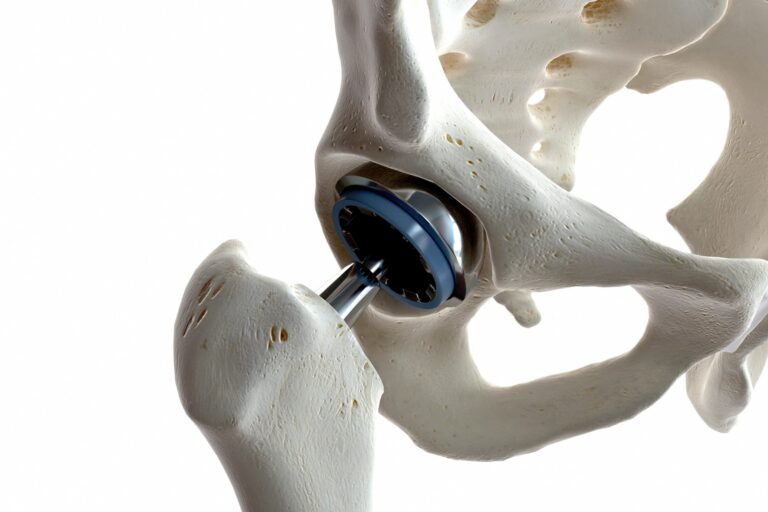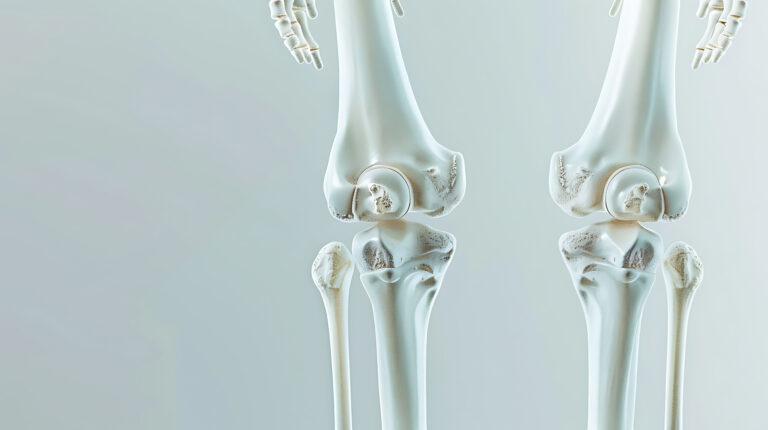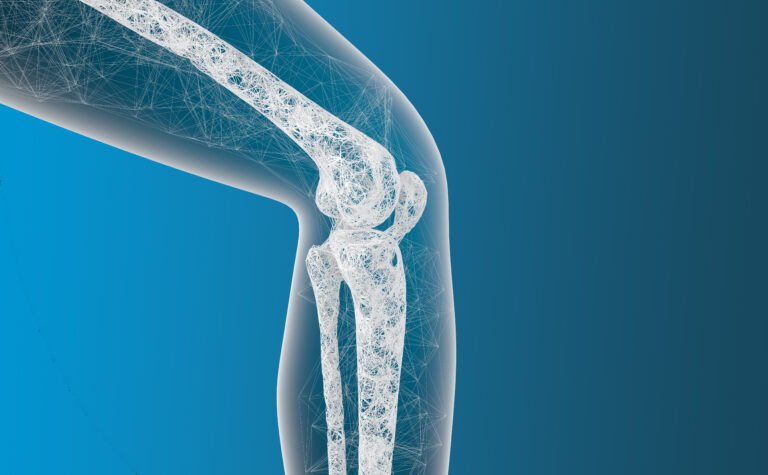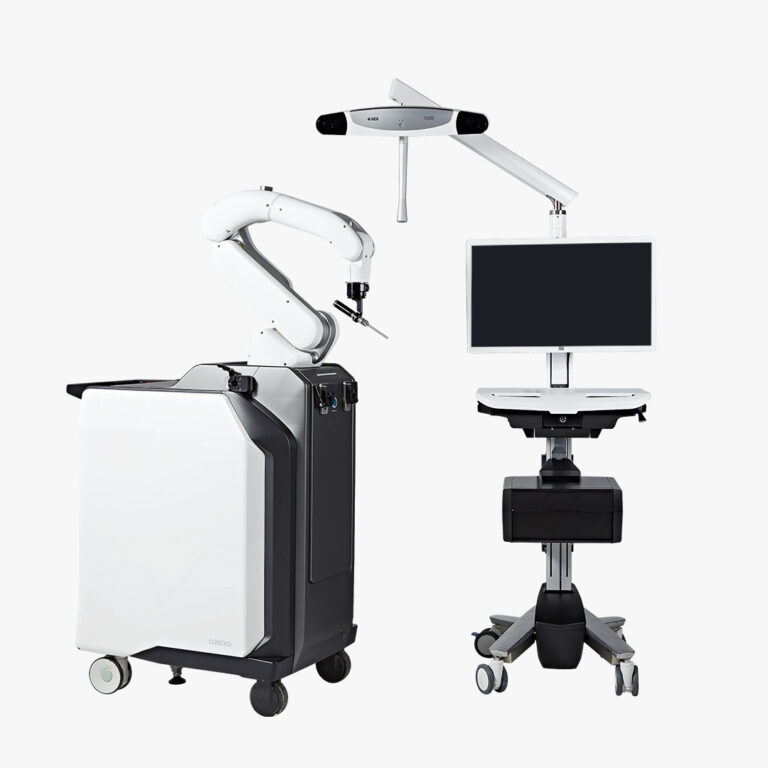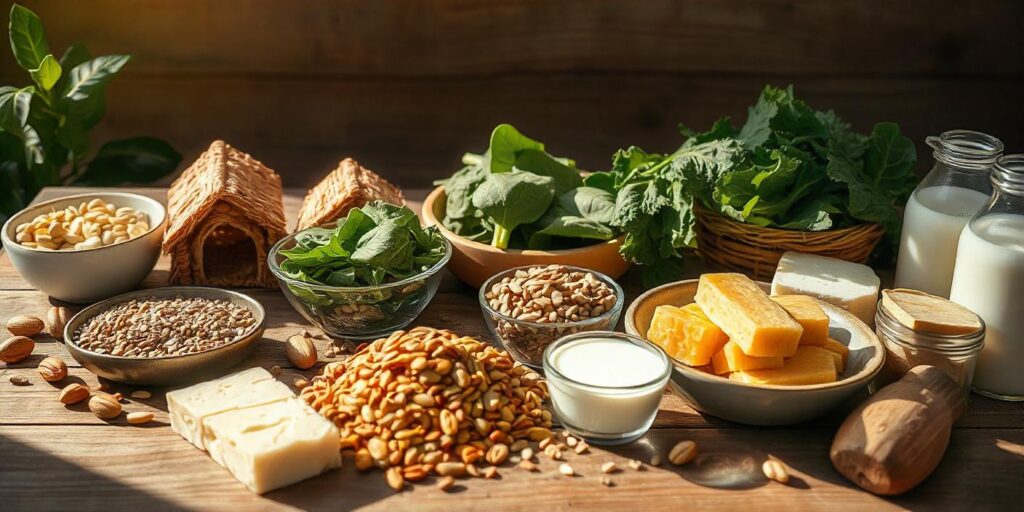
Eating Right for Stronger Joints: Key Nutrients Every Woman Should Include in Her Diet
Diet plays a vital role in maintaining joint health, especially for women who are more prone to bone density loss and joint degeneration. The right nutrients can strengthen bones, reduce inflammation, and prevent joint damage. Here’s a guide to essential nutrients for women’s joint health.
1. Calcium
- Why It’s Important:
- Calcium is the building block of bones and is essential for maintaining bone density, particularly in post-menopausal women.
- A calcium-rich diet helps prevent osteoporosis, a leading cause of joint pain and fractures.
- Sources:
- Dairy products like milk, cheese, and yoghurt are the best sources of calcium.
- Non-dairy alternatives include leafy greens, almonds, and fortified plant-based milks.
2. Vitamin D
- Why It’s Important:
- Vitamin D aids calcium absorption and is crucial for bone health.
- Women who don’t get enough sun exposure are at risk of vitamin D deficiency, leading to weaker bones and joints.
- Sources:
- Sunlight is the most effective source of vitamin D, but it can also be found in fatty fish, egg yolks, and fortified foods.
3. Omega-3 Fatty Acids
- Why It’s Important:
- Omega-3s have anti-inflammatory properties that help reduce joint pain and stiffness, especially in women with arthritis.
- They also help preserve cartilage in joints.
- Sources:
- Fatty fish like salmon, mackerel, and sardines are rich in omega-3s.
- Plant-based sources include flaxseeds, chia seeds, and walnuts.
4. Vitamin C
- Why It’s Important:
- Vitamin C promotes collagen production, which is essential for maintaining the structure of cartilage in joints.
- It also has antioxidant properties that protect joints from damage.
- Sources:
- Citrus fruits, strawberries, bell peppers, and broccoli are all excellent sources of vitamin C.
Nutritional Differences for Women
- Calcium Requirements:
- Women, particularly after menopause, need higher levels of calcium to combat the increased risk of osteoporosis.
- The recommended daily intake for women over 50 is 1,200 mg of calcium, compared to 1,000 mg for younger women.
Source:(“https://www.betterhealth.vic.gov.au/health/healthyliving/calcium“)
- Iron and Joint Health:
- Women lose iron through menstruation, which can affect overall energy and joint recovery.
- Ensuring adequate iron intake helps support the healing process after joint injuries or surgeries.
Key Takeaway:
Incorporating these key nutrients into your diet can significantly improve joint health and prevent the onset of conditions like osteoporosis and arthritis.
Disclaimer:
The information provided is for educational purposes only and should not replace professional medical advice. Always consult with a healthcare provider or nutritionist before making significant dietary changes to support joint health. Nutrient needs may vary based on individual health conditions, age, and lifestyle factors. This content aims to guide women in selecting the right foods for stronger bones and joints. Results from dietary changes can differ, and professional advice is essential for maintaining long-term joint and bone health.

